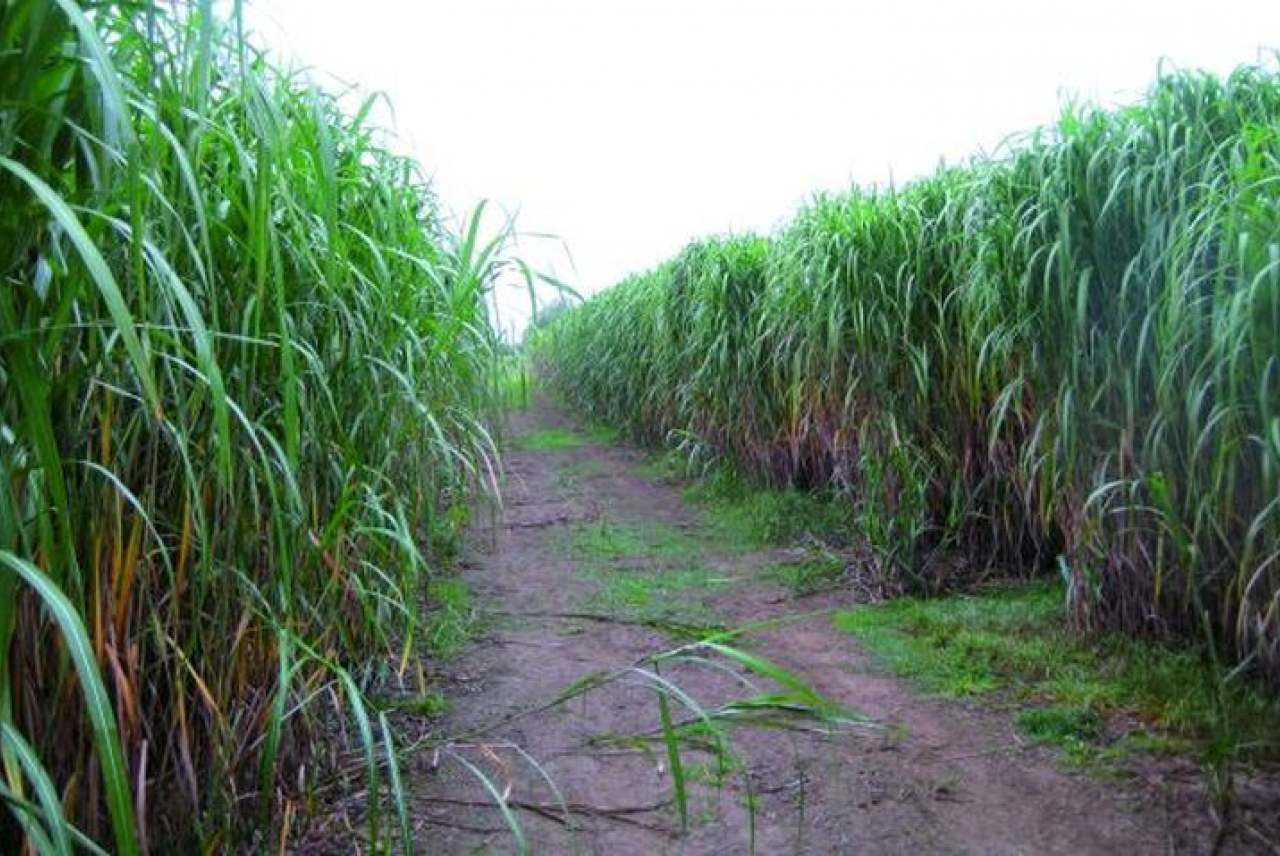‘Biomass’ is any mass that comes from living matter. Biomass boilers most commonly run on wood pellets, although they can also run on other forms of biomass like wood chips, logs, grain, or miscanthus (‘elephant grass’).
We have not covered biomass boilers as a product guide because we are not convinced that they are a good idea: the carbon emissions of using biomass for any kind of energy are currently highly disputed. If it is possible to use biomass sustainably it will only be on a small scale, and heating probably isn’t the best place to use the scarce resource there is.
Biomass: the basic issues
Biomass releases carbon dioxide when it’s burned, just like fossil fuels. Indeed, all fossil fuels were biomass once. The reason that using it for energy has been considered low carbon is that while plants are growing, they absorb carbon. If you repeatedly grow and burn trees, the net emissions from the cycle are – in theory – zero.
However, that is where the complexity starts. Because whether it is correct to think of the emissions as zero all depends on what would have happened otherwise, and on what happens next. If wood is burnt and the trees are not replaced, the climate impact is on a par with fossil fuels. And if the wood would otherwise have been used to make buildings or furniture, burning it instead is going to have an adverse effect. Making things out of wood that prevent it decomposing or burning is the best option from the atmosphere’s perspective, as it locks carbon out of the cycle for an indefinite period, much like the process that made fossil fuels.
The Chatham House report
The argument around biomass has really blown up this year, mainly because the think tank Chatham House released a report arguing that its climate impact might actually be worse than coal.
A lot of Chatham House’s argument was to do with timing. The report argued that we ought to be putting more weight on the short term, and that the ‘carbon payback period’ – the time it takes for forest regrowth to reabsorb the emissions from biomass – is too long.
The report also raised a lot of physical issues. It argued that mature trees actually accumulate mass at a faster rate than young trees, so it is better to allow the carbon to go on accumulating in the forest than to harvest it.[1]
There is no agreement on this. After Chatham House’s report was published, over 125 academics in the field signed a letter condemning it, saying:
“The report gives an inaccurate interpretation of the impact of harvesting on forest carbon stock, proposes a misguided focus on short-term carbon balances and overstates the climate change mitigation value of unharvested forests.”
What to do?
Because the issues around using biomass for energy are so complex and disputed, it is very hard to judge its sustainability objectively.
However, a much more straightforward argument is this: biomass is very similar to fossil fuels (with a bit of effort you can turn wood or grass into fuel that is more or less identical to crude oil, natural gas or kerosene), so is incredibly useful in a huge range of areas – electricity generation, heating, and transport.
There is no way that sufficient quantities for all of these can be produced sustainably; there just isn’t enough land. If a limited quantity can be, it is surely best to save it for applications where there really are no other options, like aircraft fuel, and to concentrate on developing other options in areas like heating.
For information about the problems with large biomass power stations supplying the national grid, see the Axe Drax article.
If you already have a biomass boiler, it is worth trying to use the most sustainable fuel that you can. This is likely to be pellets, as they can be made from waste by-products such as sawdust, and also contain the least moisture, meaning that they take less energy to transport.




